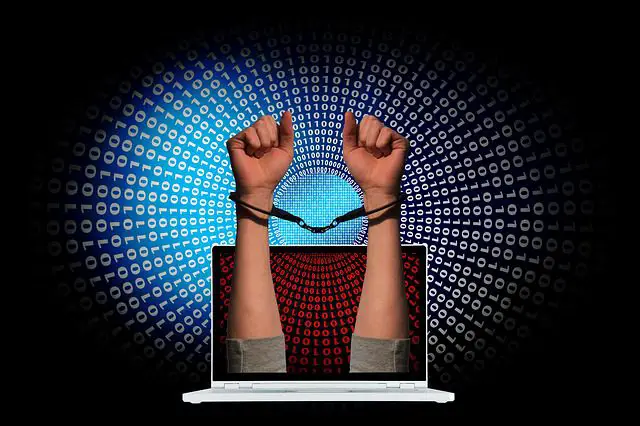
A U.S. court has sentenced Ukrainian national Mark Sokolovsky to five years in prison for his role in a cybercriminal operation involving the Raccoon Stealer malware.
Court documents reveal that Sokolovsky, known by aliases such as raccoon-stealer, Photix, and black21jack77777, collaborated with accomplices to rent out the malware to other cybercriminals under a “Malware-as-a-Service” (MaaS) model. The rental fees were $75 per week or $200 per month.
Raccoon Stealer was employed to steal sensitive data from infected devices, including credentials, cryptocurrency wallets, credit card details, emails, and other information from numerous applications.
In March 2022, Sokolovsky was apprehended in the Netherlands. Around the same time, the FBI, in collaboration with Dutch and Italian law enforcement agencies, dismantled the infrastructure supporting Raccoon Stealer, temporarily halting its operations.
Following the developer’s arrest, the Raccoon Stealer criminal group announced a suspension of its activities, citing—interestingly—the death of a key developer amidst events in Ukraine. However, the malware resurfaced multiple times, enhanced with new features for more sophisticated data theft.
In February 2024, Sokolovsky was extradited to the United States, where he faced charges of fraud, money laundering, and identity theft. He had previously pleaded guilty and agreed to pay restitution amounting to no less than $910,844.
According to the FBI, malware linked to Sokolovsky compromised over 52 million accounts, which were subsequently exploited for fraudulent activities, identity theft, and ransomware attacks.
After dismantling the Raccoon Stealer infrastructure in 2022, the FBI launched a website allowing users to verify whether their information had been stolen by the malware.
The Raccoon Stealer saga underscores the far-reaching devastation cybercrimes can inflict, not only in the digital realm but also in the lives of real people. The sentencing of Mark Sokolovsky represents not only the conclusion of his criminal enterprise but also a testament to the growing effectiveness of international collaboration in combating cyber threats.
However, the malware’s resurgence serves as a stark reminder that such threats never truly vanish but evolve, demanding heightened vigilance and proactive measures from the global community.


